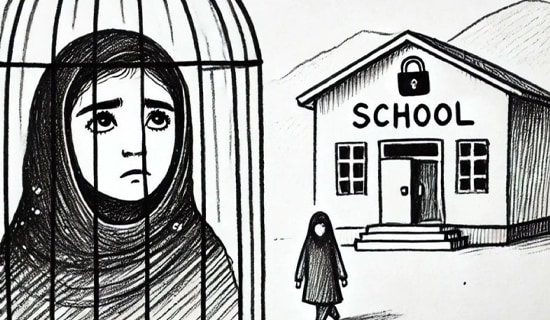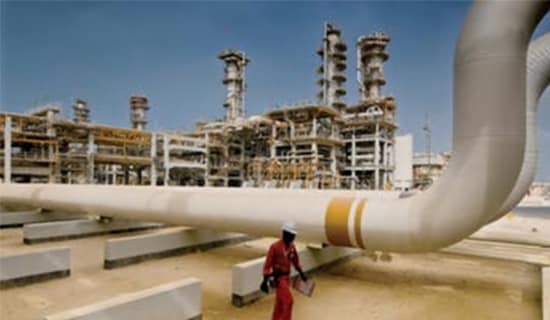The prominent Israeli author A.B. Yehoshua who is also a leading figure in Israel's peace camp gave an interview to the Arab-Israeli newspaper Kul Al-Arab[1] in which he expressed doubt of Yasser Arafat's ability to be Israel's peace partner and blamed him for causing disaster to the Palestinian people. Yehoshua also called upon the members of the Labor party to resign from the unity government, and argued that now is the opportunity for a revival of Israel's left which should call for a unilateral separation between Israel and the Palestinians. Following are excerpts from the interview:
Kul Al-Arab: "Do you believe that the Israeli left still exists?"
Yehoshua: "There is no doubt that the Israeli left suffered a major blow from the Palestinians following the failure of the negotiations at Camp David."
"I believe that the main reason for the decline of the Israeli left is Yasser Arafat. When Arafat stubbornly insisted on rejecting Barak's proposals at Camp David, he brought a catastrophe upon his Palestinian people. Barak proposed to return 95% of the territory but Arafat refused, and that was a big mistake. Following [the launching of the Intifada] I met with many Palestinians and I asked them for the reason that led the Palestinians to use fire [arms] while Israel was led by a left wing government that was seeking peace and proposing solutions to reach it. The Palestinian choice of the Intifada brought about a shift in Israeli public opinion regarding Arafat and his people across the political spectrum – from the most neutral to the most radical."
Kul Al-Arab: "Do you still see Yasser Arafat as Israel's peace partner or even as a negotiation partner?"
Yehoshua: "Frankly, I'll tell you that personally, I hate Arafat from the bottom of my heart. The dream which we have been trying to realize since 1967 – the establishment of a Palestinian state alongside Israel – amounts today to fiction. If I were a Palestinian, I would cry and scream to the world that I hate Arafat, and I would come out against him. Recently, I started to doubt Arafat's ability to continue being Israel's [peace] partner."
"The Palestinians are experiencing severe difficulties in the West Bank and the Gaza Strip [but] Arafat does not consider his people's best interest and [the need to find] immediate solutions for their problems. Rather, Arafat thinks about the Palestinian problem in its broader context and about ways to bring back the refugees."
Kul Al-Arab: "How long will the issues of Jerusalem and the refugee problem remain unresolved?"
Yehoshua: "I think it is better not to deal with these two issues at the present time since they complicate matters even further. I believe that the Palestinian problem will be resolved only when a Palestinian state is established, and [then] the Palestinian refugees will return and live in the Palestinian state. This is especially [an applicable solution] since there are wide-open available areas in the West Bank where the refugees could live."
"This is also true for Jerusalem. I do not think that there is a need to talk about Jerusalem right now. What is important for me is that Arafat and other Palestinian leaders will work to provide suitable living conditions for the Palestinian nation and for the Palestinian individual."
Kul Al-Arab: "In your opinion, what is the solution in order to bring about a cessation of the bloodshed on both sides?"
Yehoshua: "I believe that this phase is an opportunity for a revival of [Israel's] left. The left needs to work on the issue of unilateral separation between the West Bank and Israel since, under the current conditions, there is difficulty reaching an agreement. I support a temporary solution, the aim of which is to cut down violence and bring about calm. This solution includes a withdrawal from an additional 42% of the territories, or [interchangeably] a recognition that 85% of the West Bank and the Gaza Strip territory belongs to the Palestinians, removal of small settlements, an establishment of a strong and continuous border between Israel and the [territories under the control of] the Palestinian Authority, and other steps to be taken unilaterally by the Israeli side, since it is not necessary to get the agreement of the Palestinians regarding these matters. Regarding the border, I support bringing international forces to the region in order to maintain security. Moreover, I want to add that I have always been a supporter of a national unity government. But today, in light of the circumstances, I object to this kind of government, and I call upon its members from the Labor party to unite their views and to act for the secession of violence and bloodshed."
Endnote:
[1] Kul Al-Arab, December 28, 2001.




